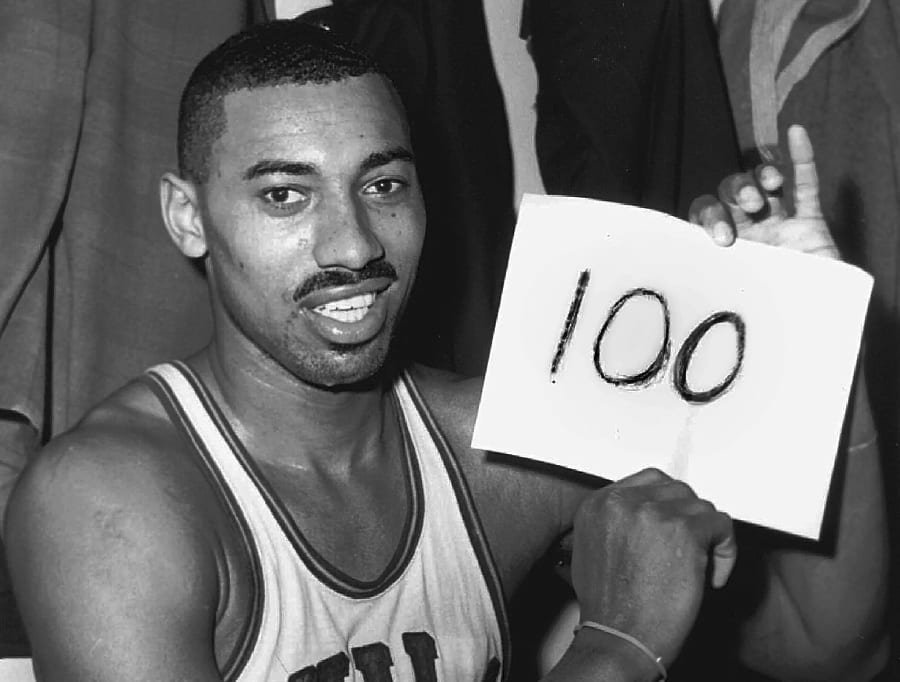Hosting the Super Bowl is a huge deal for any city. It’s more than just a game; it’s an economic powerhouse. Let’s dive into the economic impact of hosting the Super Bowl.
Boost in Local Business
The Super Bowl brings in thousands of visitors. Fans, media, and teams flock to the host city. This influx means big business for local hotels, restaurants, and shops.
Hotels and Accommodations
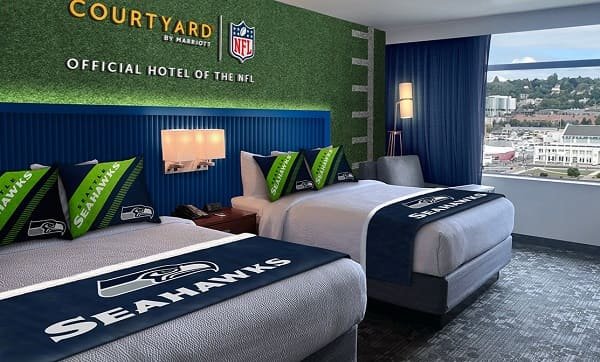
Hotels see a massive surge in bookings. Many reach full capacity well before the event. This spike in demand allows hotels to charge premium rates. Even short-term rentals, such as Airbnb and VRBO, see increased bookings. The hospitality industry benefits greatly from this demand.
Extended Stays and Spillover Effect
Visitors often extend their stays beyond just the game weekend, exploring the host city and its attractions. This leads to extended occupancy for hotels. The spillover effect means neighboring areas also benefit from the influx of visitors, as nearby towns and cities experience increased hotel bookings.
Restaurants and Bars
Restaurants and bars experience a significant increase in patrons. Visitors want to enjoy local cuisine and nightlife. Many establishments offer special menus and promotions tailored to the event. The result is higher sales and profits for these businesses. Special events, such as Super Bowl-themed parties and viewing events, attract large crowds.
Economic Impact of Dining
The economic impact goes beyond just meals. Restaurants and bars often see increased sales of beverages, appetizers, and desserts. Upselling and special event packages further boost revenue. The hospitality industry hires extra staff to manage the surge, providing temporary employment opportunities for locals.
Retail and Merchandise
Local shops sell a lot of merchandise. Fans buy team gear, souvenirs, and memorabilia. Temporary pop-up shops also do brisk business. This retail activity boosts the local economy.
Official NFL Merchandise and Local Products
Official NFL merchandise stores see a significant boost in sales. Fans purchase jerseys, hats, and other branded items. Local artisans and businesses also benefit, selling unique, locally made products and souvenirs. This blend of official and local merchandise provides a diverse shopping experience for visitors.
Economic Benefits for Malls and Shopping Centers
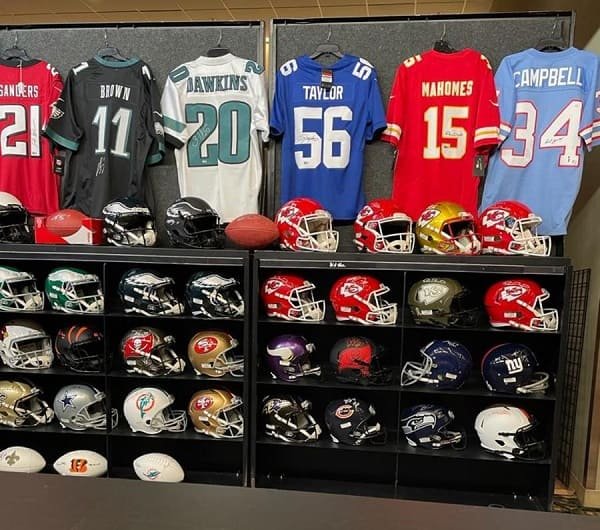
Malls and shopping centers near the event venues see increased foot traffic. They often host special events, promotions, and extended hours to capitalize on the influx of visitors. The economic benefits extend to a wide range of retail sectors, from apparel and electronics to specialty stores and local crafts.
The Role of E-commerce
E-commerce platforms also experience a spike in sales. Fans who cannot attend the event in person purchase merchandise online. Local businesses leverage online sales to reach a broader audience, ensuring they benefit from the Super Bowl’s economic impact even beyond the local area.
Food Trucks and Street Vendors
Food trucks and street vendors set up near the stadium and in popular gathering spots. They offer quick and convenient options for fans on the go. These vendors see a significant increase in business, adding to the overall economic boost.
Entertainment and Nightlife
Nightclubs and entertainment venues host special events and parties. They bring in high-profile DJs and performers to attract the Super Bowl crowd. This creates a vibrant nightlife scene, adding another layer of economic activity and enjoyment for visitors.
Tourism and Cultural Attractions
Local tourism sees a boost as visitors explore cultural attractions, museums, and landmarks. Special tours and packages are often created for Super Bowl visitors, showcasing the best the city has to offer. This increased tourism provides a lasting economic benefit, as visitors often return for future vacations.
The Super Bowl’s boost to local business is multifaceted. It benefits a wide range of sectors and creates a dynamic economic environment. From hotels and restaurants to retail and entertainment, the impact is substantial and far-reaching.
Job Creation and Employment
The Super Bowl creates jobs. The event needs a large workforce. This includes security, event staff, and hospitality workers. Many of these jobs are temporary, but they provide valuable income.
Event Staffing
Stadiums and surrounding areas need extra staff. This includes security personnel, ticket sellers, and ushers. These jobs are crucial for managing the large crowds.
Security and Safety
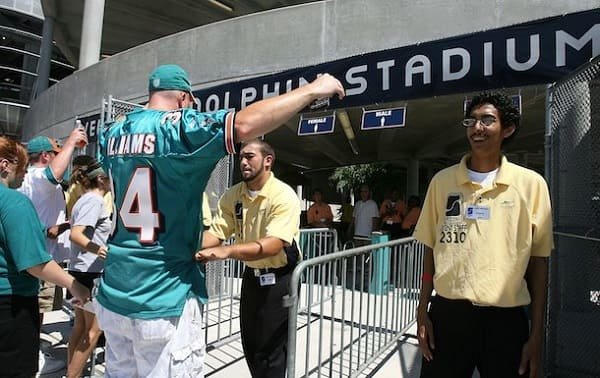
Security personnel are essential for ensuring the safety of attendees. They manage crowd control, perform security checks, and handle any incidents that arise. The need for additional security staff provides job opportunities for local security firms and personnel.
Ticketing and Customer Service
Ticket sellers and customer service representatives play a vital role. They assist fans with ticket purchases, seating arrangements, and general inquiries. Their presence ensures a smooth and enjoyable experience for visitors.
Ushers and Event Coordinators
Ushers guide fans to their seats and provide assistance throughout the event. Event coordinators oversee the logistics of the event, ensuring that everything runs smoothly. These roles require extensive coordination and planning, creating jobs for local event management companies.
Hospitality and Services
Hotels, restaurants, and transportation services hire additional staff. This includes waitstaff, drivers, and housekeeping. These roles ensure that visitors have a smooth experience.
Hotel and Accommodation Staff
Hotels hire extra housekeeping staff to handle the increased occupancy. Front desk clerks, concierges, and bellhops also see a rise in demand. This ensures that guests receive top-notch service throughout their stay.
Restaurant and Bar Staff
Restaurants and bars bring in more waitstaff, bartenders, and kitchen staff. This is necessary to manage the surge in patrons. These jobs, though temporary, provide crucial income for many local workers.
Transportation Services
Transportation services, including taxis, rideshares, and shuttle services, hire additional drivers. This helps manage the increased need for transportation to and from the stadium and other venues. Local transportation companies benefit significantly from this demand.
Food and Beverage Vendors
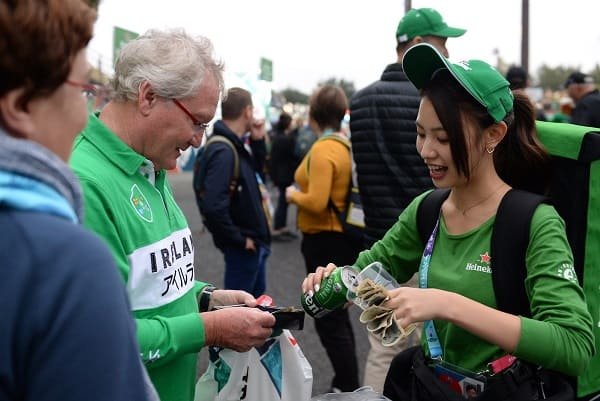
Food and beverage vendors within and around the stadium need extra staff. This includes cooks, cashiers, and servers. They provide refreshments to the large crowds, ensuring a pleasant experience for fans.
Cleanup and Maintenance
The influx of visitors means more waste and the need for maintenance. Cleanup crews are essential for keeping the stadium and surrounding areas clean and orderly. Maintenance workers ensure that facilities are in good working condition.
Temporary Employment Agencies
Many of these positions are filled through temporary employment agencies. These agencies match workers with the needed roles, providing a streamlined hiring process. Temporary jobs offer valuable work experience and income for individuals, contributing to the local economy.
Economic Multiplier Effect
The employment created by the Super Bowl has a ripple effect. Workers spend their earnings in the local economy, supporting businesses like grocery stores, retail shops, and entertainment venues. This spending stimulates further economic activity and job creation.
Skill Development and Networking
Temporary Super Bowl jobs offer more than just income. They provide valuable work experience and skill development. Workers gain experience in customer service, event management, and hospitality. These skills can lead to future job opportunities. Networking opportunities also arise, as workers meet professionals from various industries.
Volunteer Opportunities
In addition to paid employment, the Super Bowl generates numerous volunteer opportunities. Volunteers assist with various tasks, gaining experience and contributing to the community. These roles include helping with logistics, guiding visitors, and supporting event activities. Volunteering fosters community spirit and provides valuable experience for individuals looking to build their resumes.
In summary, the Super Bowl’s job creation and employment impact is substantial. It provides a wide range of job opportunities across different sectors. This boosts the local economy and provides valuable income and experience for many workers. The ripple effect of spending further enhances the economic benefits, making the Super Bowl a significant economic driver for host cities.
Infrastructure Investments
Hosting the Super Bowl often leads to infrastructure improvements. Cities invest in upgrades to handle the event. These improvements benefit residents long after the game.
Stadium Renovations
Stadiums may undergo renovations to meet Super Bowl standards. This includes seating upgrades, improved facilities, and better accessibility. These enhancements provide long-term benefits for future events.
Modernization and Technology
Stadiums often receive technology upgrades, such as advanced sound systems, enhanced lighting, and high-definition video screens. These improvements enhance the fan experience and attract other major events like concerts and sporting tournaments.
Sustainability Initiatives
Renovations frequently include sustainability initiatives. Installing solar panels, implementing energy-efficient systems, and improving water conservation are common upgrades. These measures reduce the stadium’s environmental footprint and lower operating costs in the long term.
Enhanced Fan Experience
To provide a superior fan experience, stadiums add more amenities. This includes luxury suites, upgraded concession stands, and interactive fan zones. These enhancements attract more visitors, increasing the stadium’s revenue potential.
Accessibility Improvements
Stadiums improve accessibility for people with disabilities. This includes adding ramps, elevators, and better seating options. Enhanced accessibility ensures that all fans can enjoy the event, fostering a more inclusive environment.
Transportation and Roads
Cities often improve transportation systems. This includes better public transit, road repairs, and increased signage. These upgrades help manage the influx of visitors and improve local traffic flow.
Public Transit Enhancements
Public transit systems often see significant upgrades. This can include additional bus routes, expanded train services, and improved stations. These enhancements make it easier for visitors and residents to navigate the city, reducing traffic congestion.
Road and Highway Improvements
Hosting the Super Bowl often leads to road and highway improvements. Cities repair and expand roads to handle increased traffic. This includes adding lanes, fixing potholes, and improving traffic signals. These upgrades benefit daily commuters and enhance overall transportation efficiency.
Pedestrian and Cyclist Infrastructure
Cities also invest in pedestrian and cyclist infrastructure. This includes building new sidewalks, bike lanes, and pedestrian bridges. These improvements promote alternative transportation methods, making the city more accessible and environmentally friendly.
Parking Facilities
To accommodate the influx of visitors, cities expand parking facilities. This includes building new parking lots and upgrading existing ones. Improved parking infrastructure reduces congestion and enhances the overall visitor experience.
Airport Upgrades
Airports in the host city often undergo upgrades to manage the surge in travelers. This can include expanding terminals, adding more security checkpoints, and improving baggage handling systems. These upgrades enhance the airport’s capacity and efficiency, benefiting travelers long after the event.
Signage and Wayfinding
Effective signage and wayfinding systems are crucial for managing large crowds. Cities invest in clear, multilingual signs to guide visitors to key locations. Improved wayfinding helps visitors navigate the city with ease, enhancing their overall experience.
Emergency Services and Public Safety
Cities enhance emergency services and public safety measures. This includes upgrading fire stations, police equipment, and medical facilities. Improved public safety infrastructure ensures a secure environment for both residents and visitors.
Telecommunications and Connectivity
Upgraded telecommunications infrastructure is essential for a major event like the Super Bowl. Cities improve mobile network coverage, install more Wi-Fi hotspots, and enhance internet connectivity. These upgrades support the high demand for digital communication during the event and benefit residents and businesses afterward.
Community and Recreational Facilities
Hosting the Super Bowl often spurs investment in community and recreational facilities. This can include upgrading parks, sports complexes, and community centers. These facilities provide lasting benefits to residents, promoting healthy lifestyles and community engagement.
Economic Development Zones
Cities may establish economic development zones around the stadium. These zones attract new businesses and investments, spurring local economic growth. Development zones often feature mixed-use developments, combining residential, commercial, and recreational spaces.
In summary, infrastructure investments for the Super Bowl have lasting impacts. Stadium renovations, transportation improvements, and community enhancements provide long-term benefits. These investments boost the local economy and improve the quality of life for residents, making the Super Bowl a catalyst for positive change in host cities.
Media Exposure and Tourism
The Super Bowl provides massive media exposure. Millions of viewers watch the game worldwide. This spotlight boosts the host city’s profile.
Increased Tourism
The exposure can lead to increased tourism. Viewers see the city’s attractions and may plan future visits. Tourism boards often use the event to promote the city.
Long-Term Benefits
The long-term benefits include sustained tourism and business interest. Companies may choose to host other events in the city. This ongoing activity continues to boost the local economy.
Community and Cultural Impact
Hosting the Super Bowl also has a cultural impact. The event brings the community together and fosters local pride.
Volunteer Opportunities
Many locals volunteer for the event. This includes helping with logistics, guiding visitors, and supporting activities. Volunteering fosters community spirit and provides valuable experience.
Legacy Projects
Cities often launch legacy projects tied to the Super Bowl. These projects include community centers, parks, and youth programs. They provide lasting benefits to residents.
Conclusion
The economics of hosting the Super Bowl are significant. The event boosts local business, creates jobs, and leads to infrastructure improvements. It provides massive media exposure and long-term tourism benefits. Additionally, it fosters community spirit and leaves a lasting legacy. For any city, hosting the Super Bowl is a game-changer.




